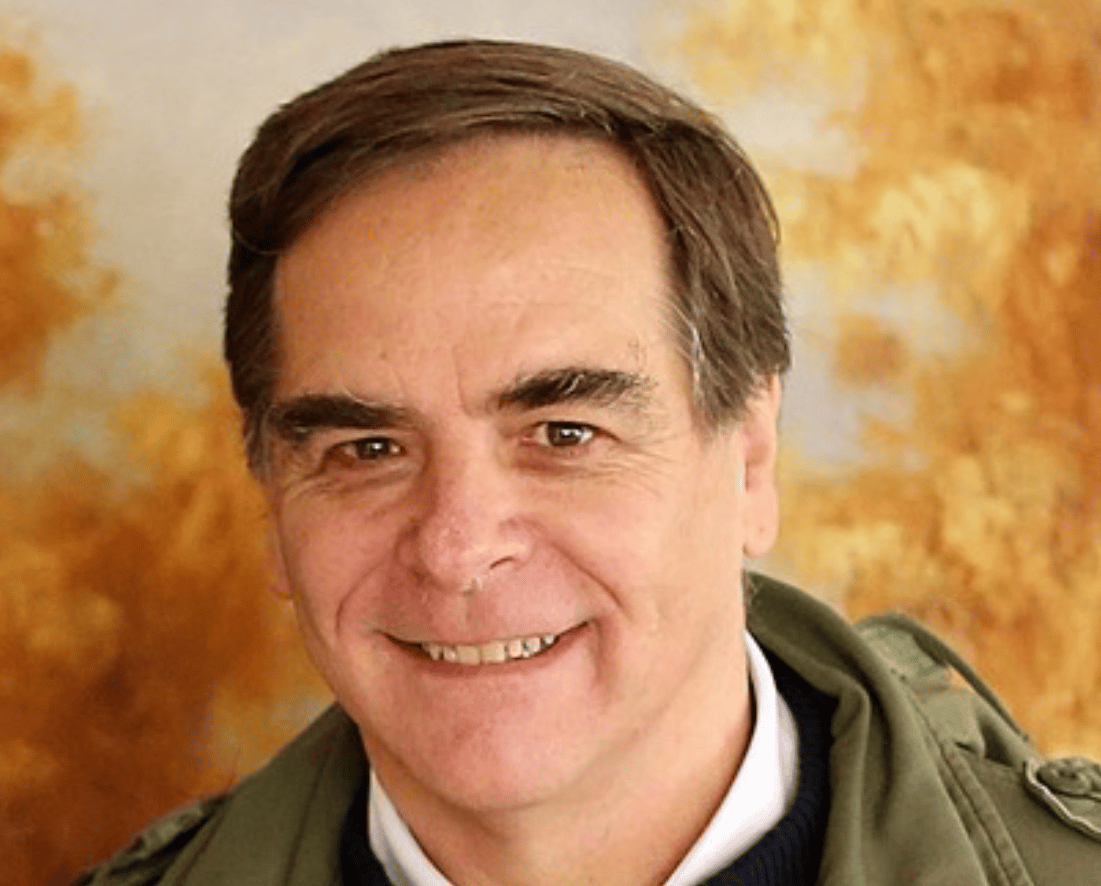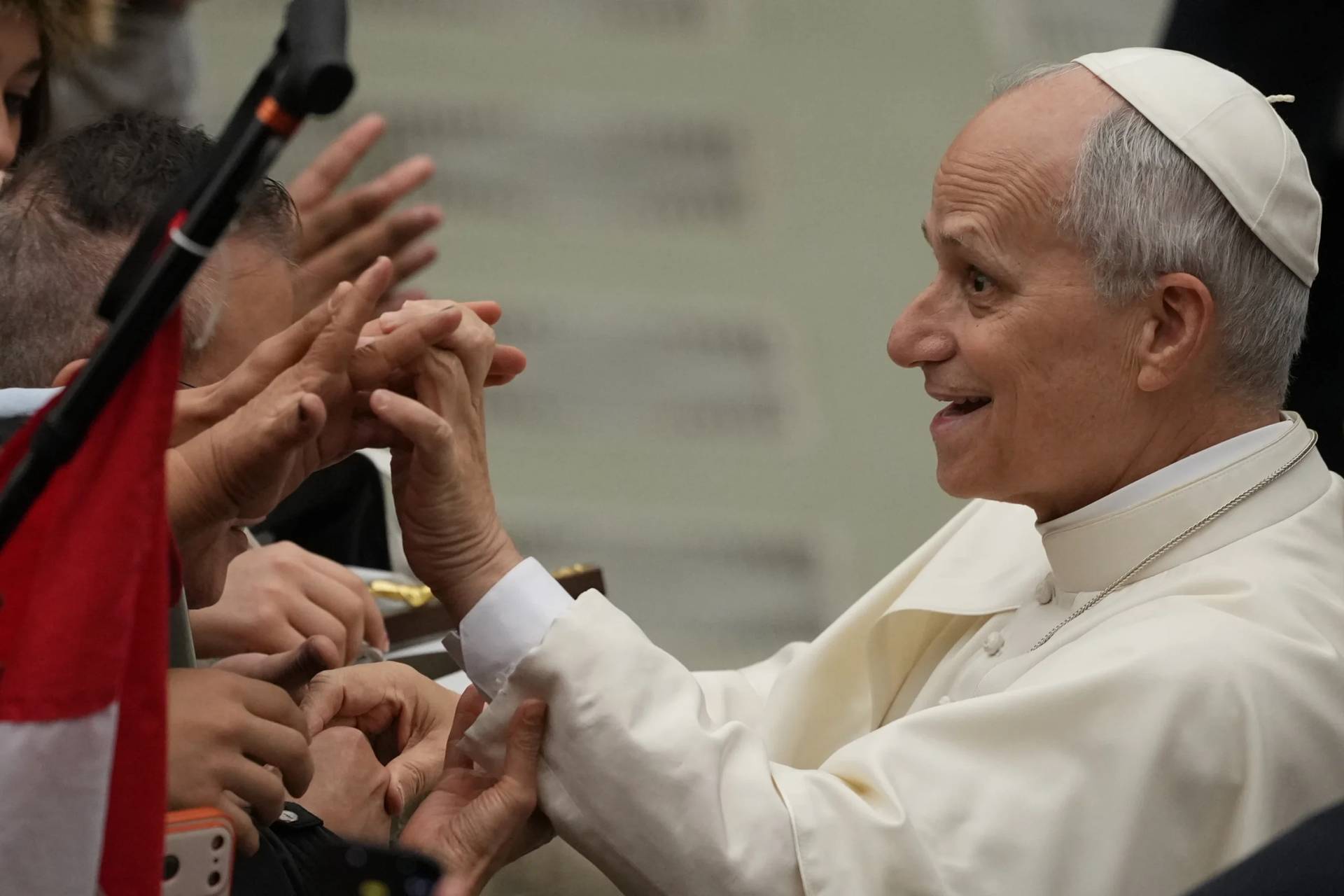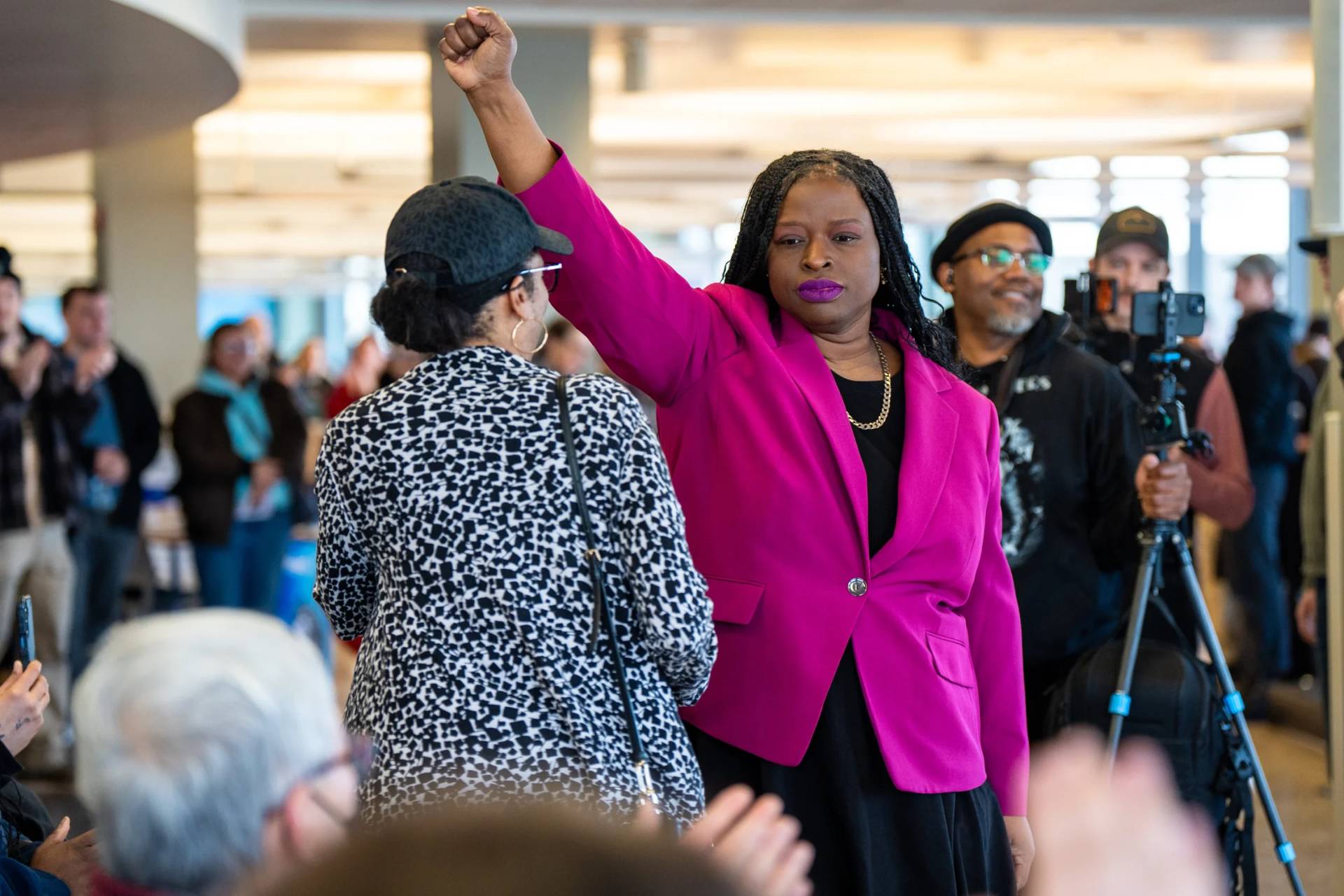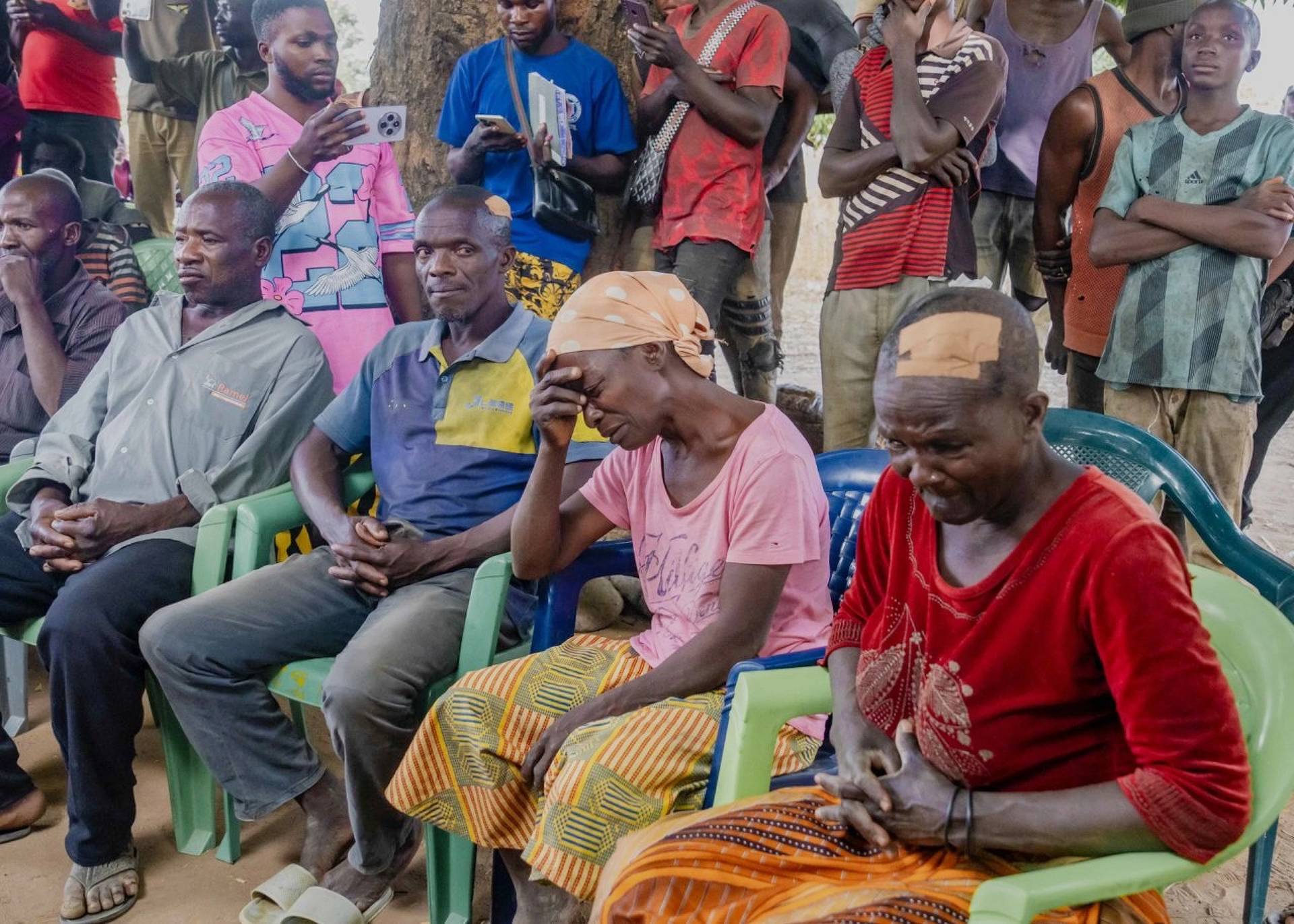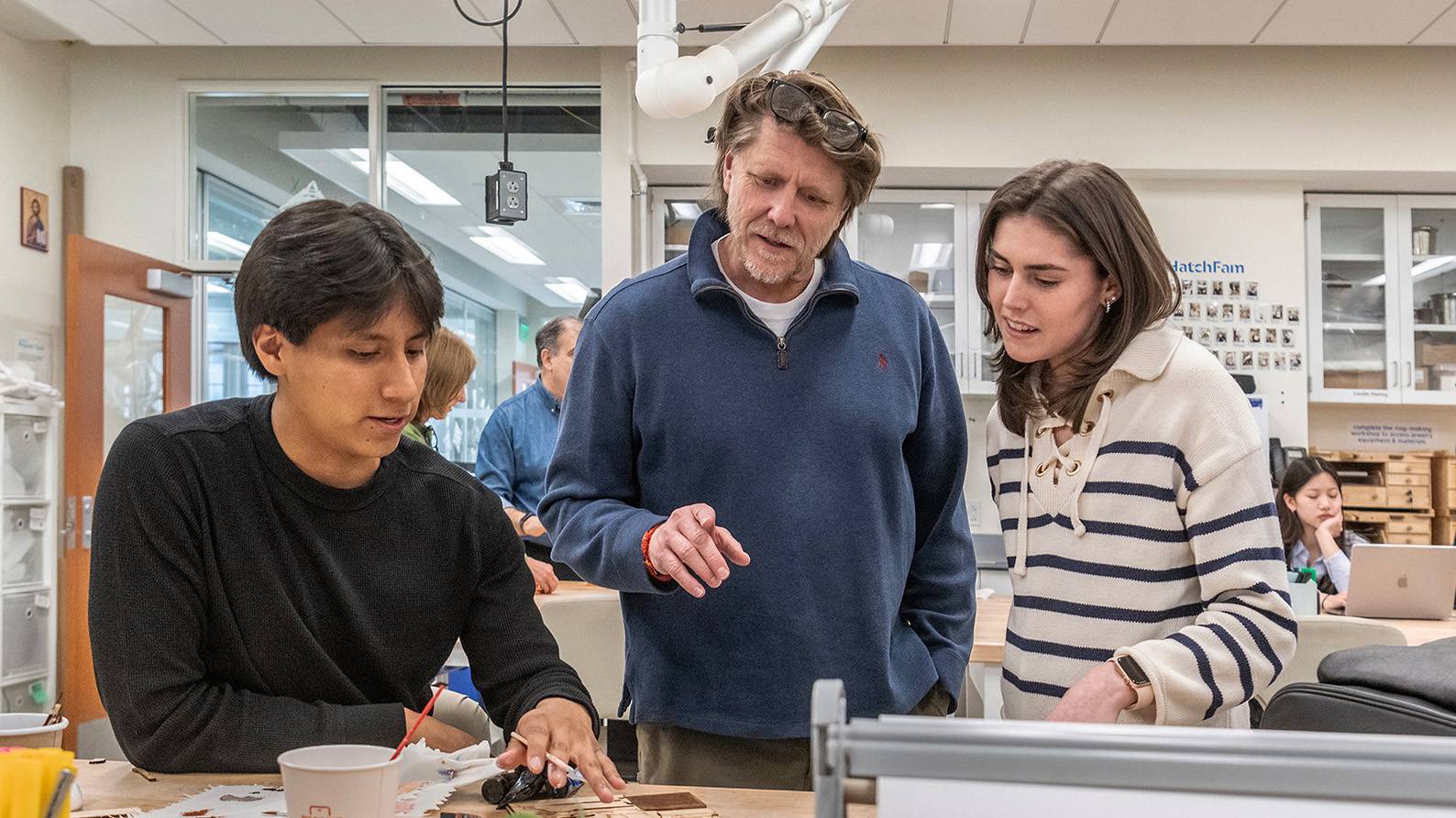While I was writing a previous book in my Advent series, it occurred to me that Charles Dickens chose the wrong name for his famous novella about Ebenezer Scrooge. He should have named that story An Advent Carol, because it is about the first time in many years that Scrooge actually experienced the season so that, when Christmas came, he was ready.
Oh, he knew what was going on around him in the weeks before Christmas; in fact, it annually annoyed him to see people “making merry” and using the approaching holiday as “a poor excuse to pick a man’s pocket every twenty-fifth of December.”
He was so tight-fisted with his own cash, living a solitary existence in dismal quarters despite his wealth, that he couldn’t understand why others would open their wallets as well as their hearts.
“What’s Christmas time to you,” he asked his nephew, “but a time for paying bills without money; a time for finding yourself a year older, but not an hour richer; a time for balancing your books and having every item in ’em through a round dozen of months presented dead against you?”
At a suggestion from some civic-minded businessmen that he donate to a fund for those living in poverty at “a time, of all others, when want is keenly felt, and abundance rejoices,” Scrooge replied that that was none of his business.
Then, in an “advent” that took place in only one night, the ghost of his former partner and three spirits of Christmas inspired Scrooge to recover something that he once knew—that he was part of something larger than himself, that the lives of other people, whom he had the power to help, were, indeed, his business.
And through the ghost of that partner, Jacob Marley, Dickens left no doubt about the focal point of the season and of life itself:
“At this time of the rolling year,” Marley’s ghost told Scrooge, “I suffer most. Why did I walk through crowds of fellow-beings with my eyes turned down, and never raise them to that blessed Star which led the Wise Men to a poor abode! Were there no poor homes to which its light would have conducted me?”
That is what Advent can be about for all of us. Even if we haven’t become like Scrooge and Marley, we can let Advent refresh our faith in the Child whose birth we will soon celebrate and re-commit ourselves to the lives of compassion and generosity that He desires.
Advent is not about the Christmas trees that appeared in department stores in September. It isn’t about endless reprises of “Santa Baby”. It isn’t about debates on social media over “Happy Holidays”—whether it’s an appropriate greeting or the product of a radical plot to eradicate “Merry Christmas.”
No, Advent is about clearing away whatever might distract us from the Lord and his commandment of love and, through prayer and reflection and acts of generosity, drawing closer to him now so that we might be with him in eternity.
In the new edition of Advent: The Lord is Near, I hope to help readers experience such a refreshing season by reflecting on anecdotes about such figures as composer Ludwig van Beethoven, songwriter Joe South, and physicist Mikio Kaku; stories of saints including Lucy, Ambrose, and John of the Cross; and recollections from my own life
There are small-group sessions focusing on the Sunday Gospels of Advent and personal reflections for each day of the season. All of the writings and Scripture have been updated to reflect the new liturgical year (B) which will begin on the first Sunday of Advent.
Pope Francis has said that, because of God’s inexhaustible mercy, it is never too late to begin our Advent observance. Scrooge started late, but we don’t need to. As Pope Francis has said, “Let us not let this Advent go by like days on the calendar, because this is a moment of grace … here and now.”









